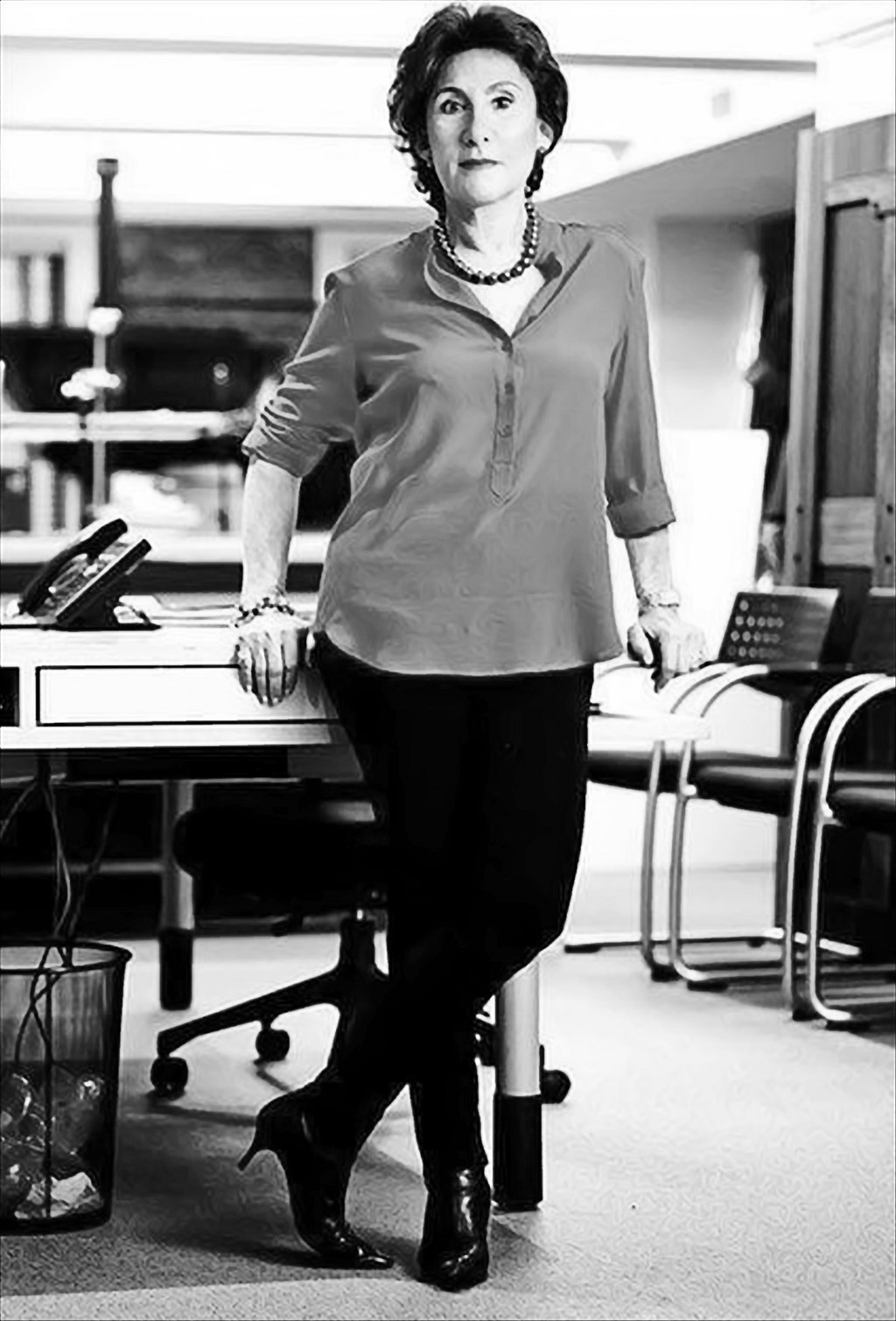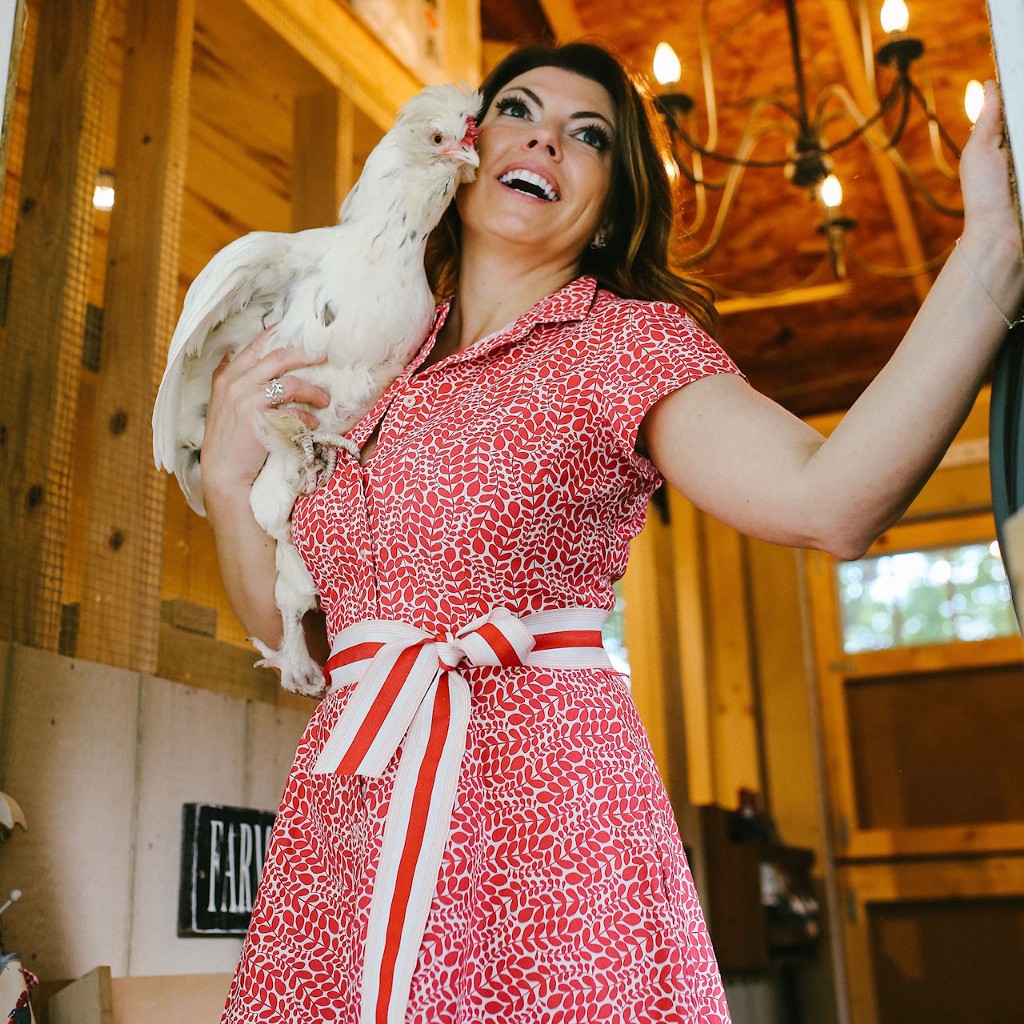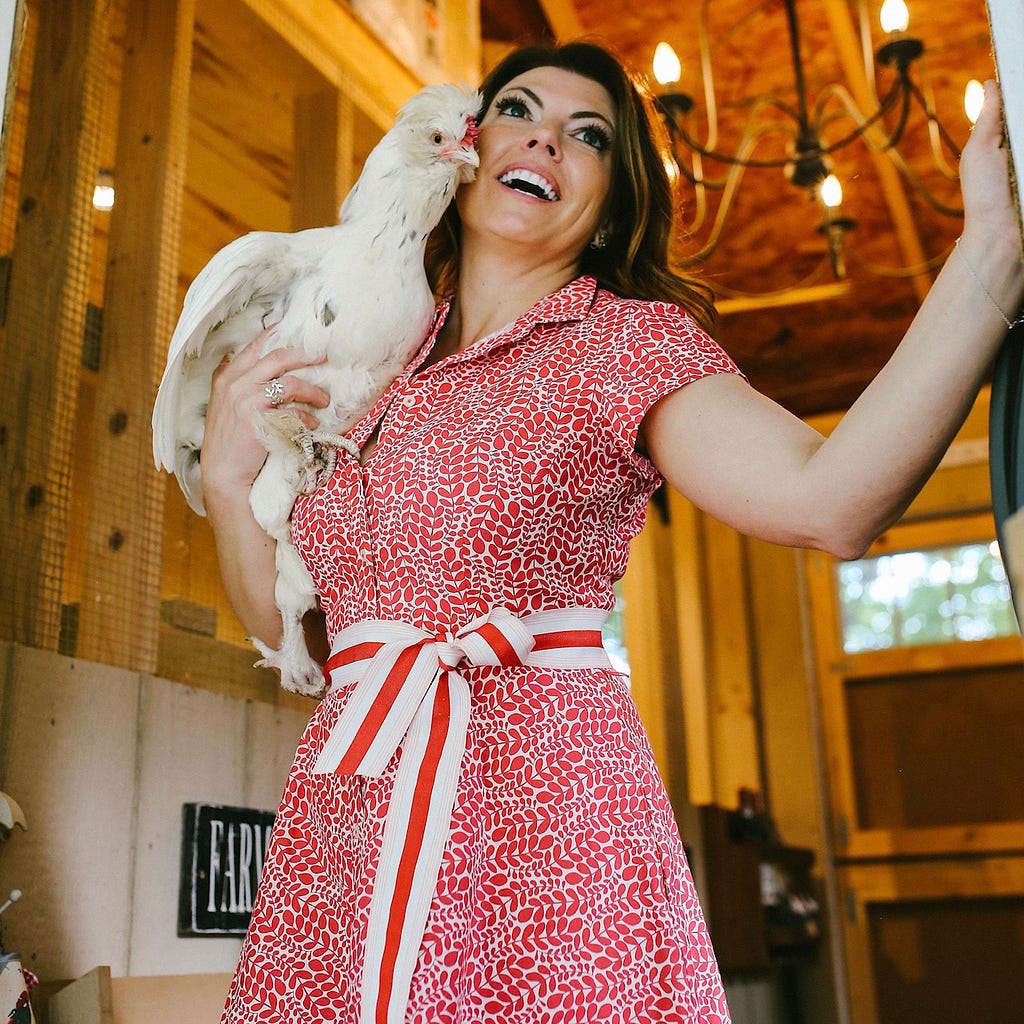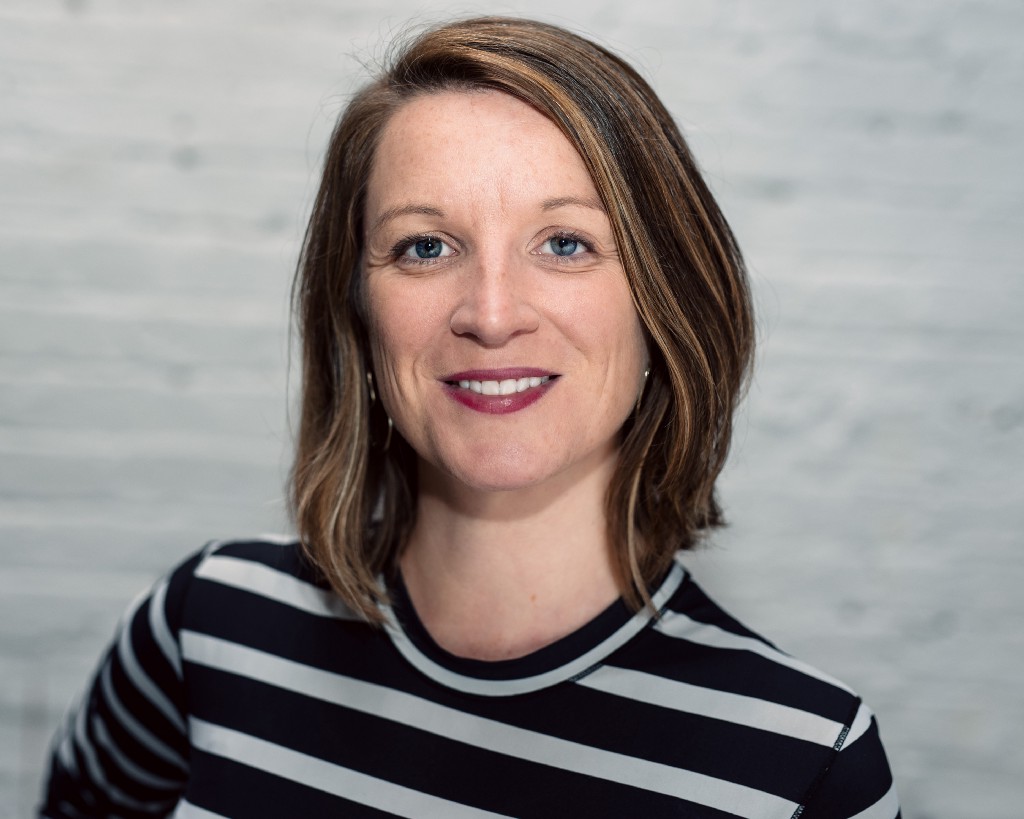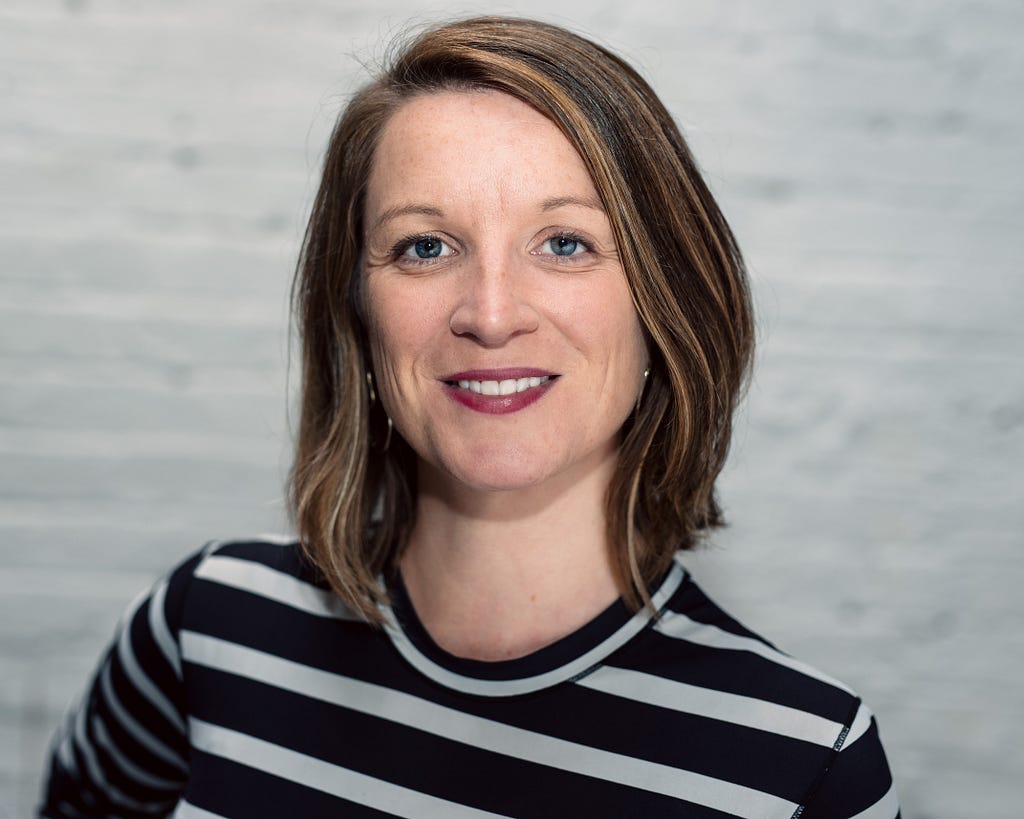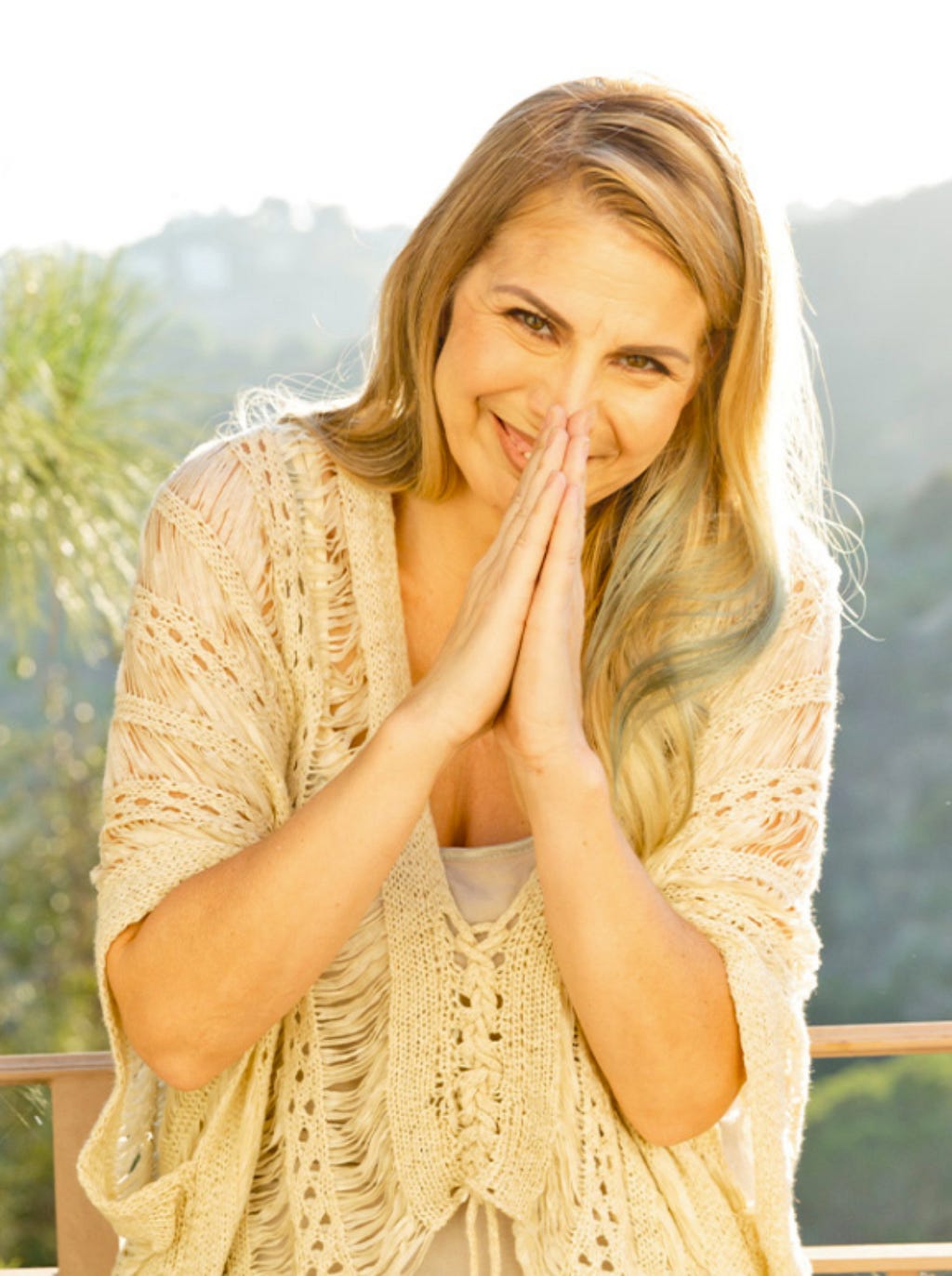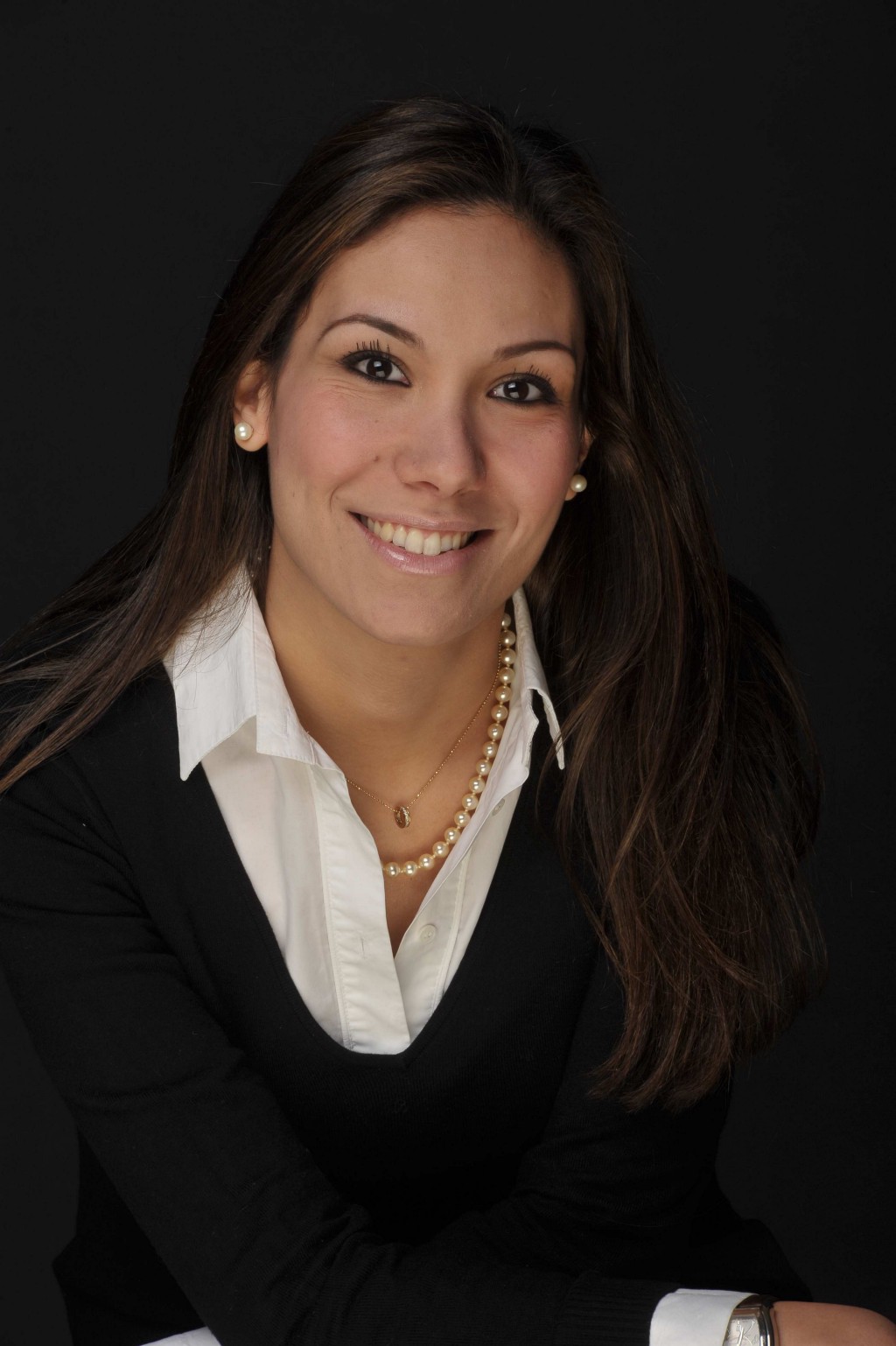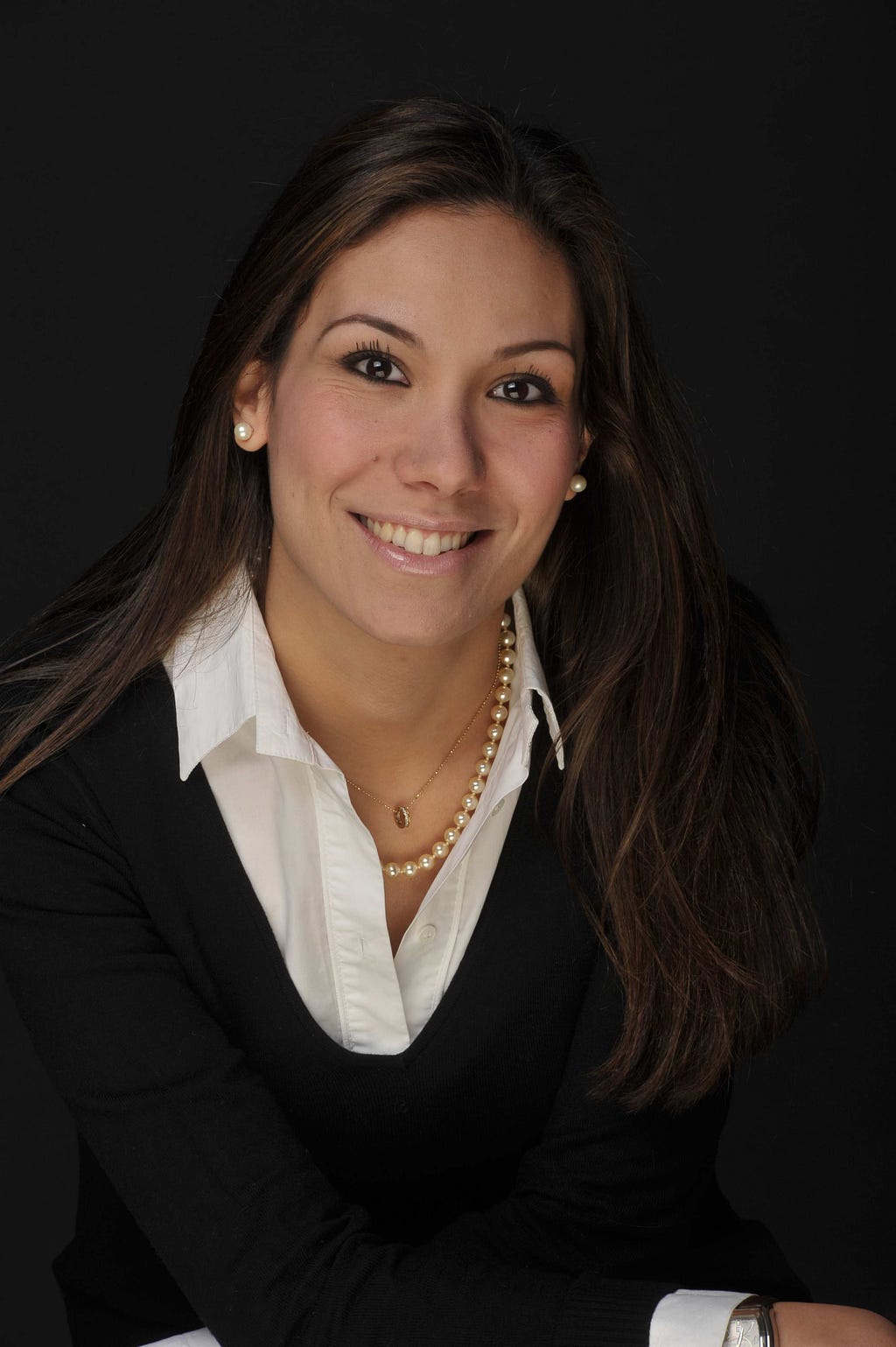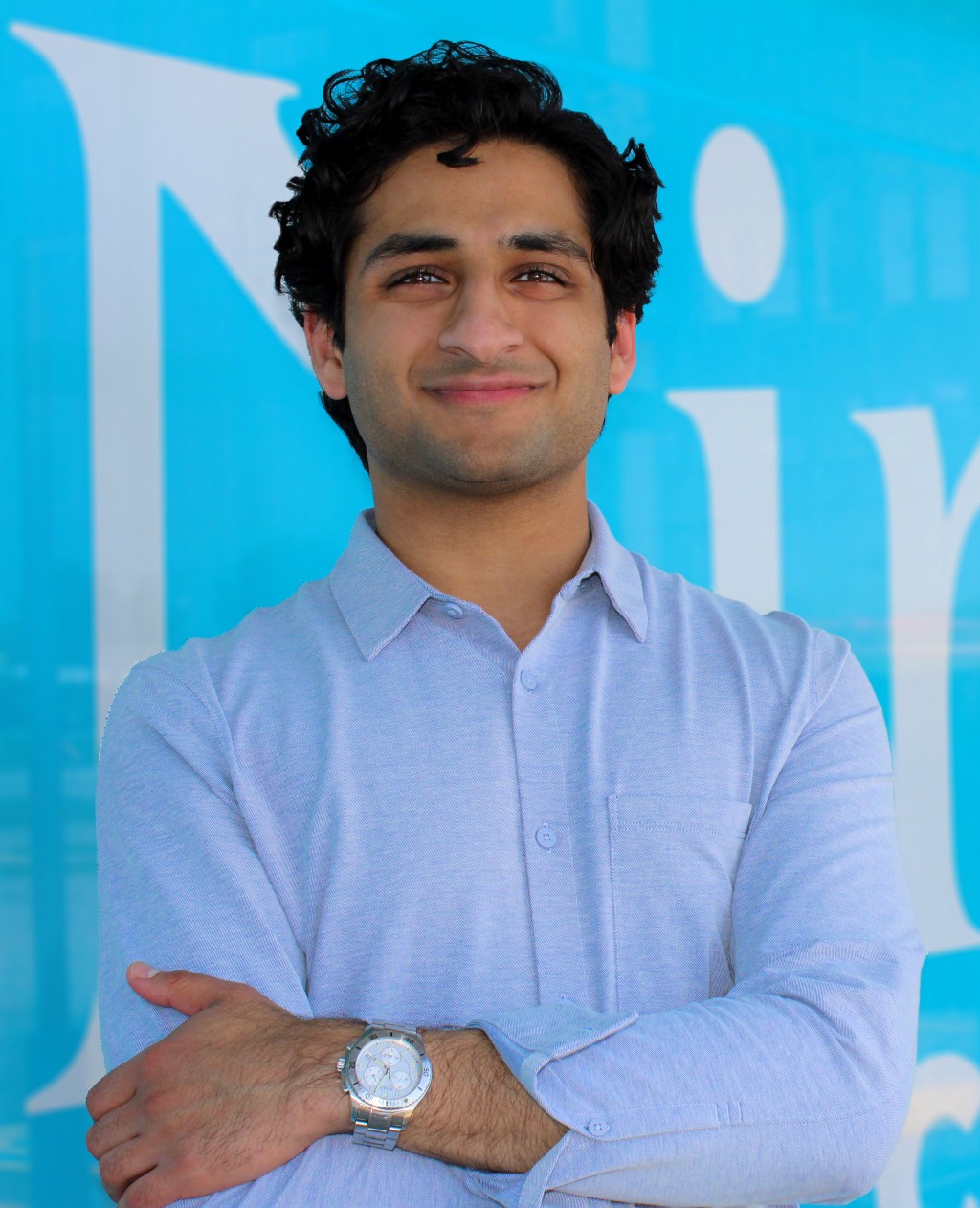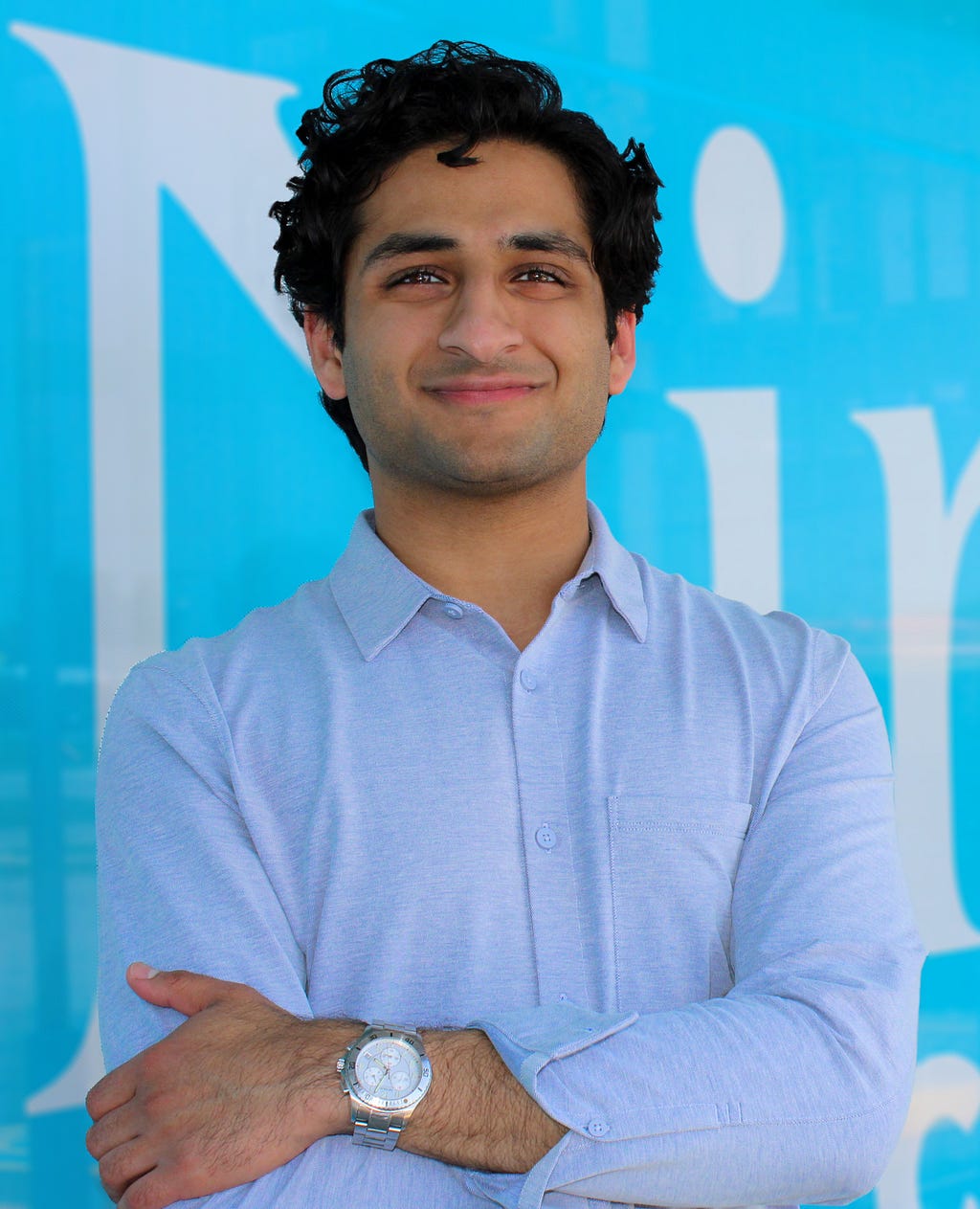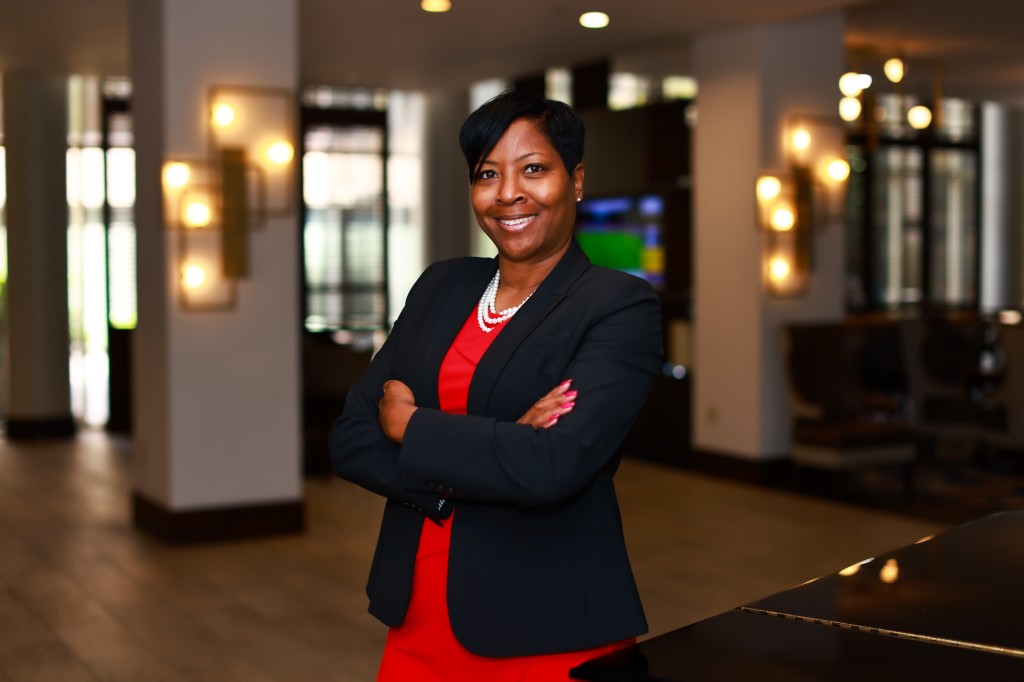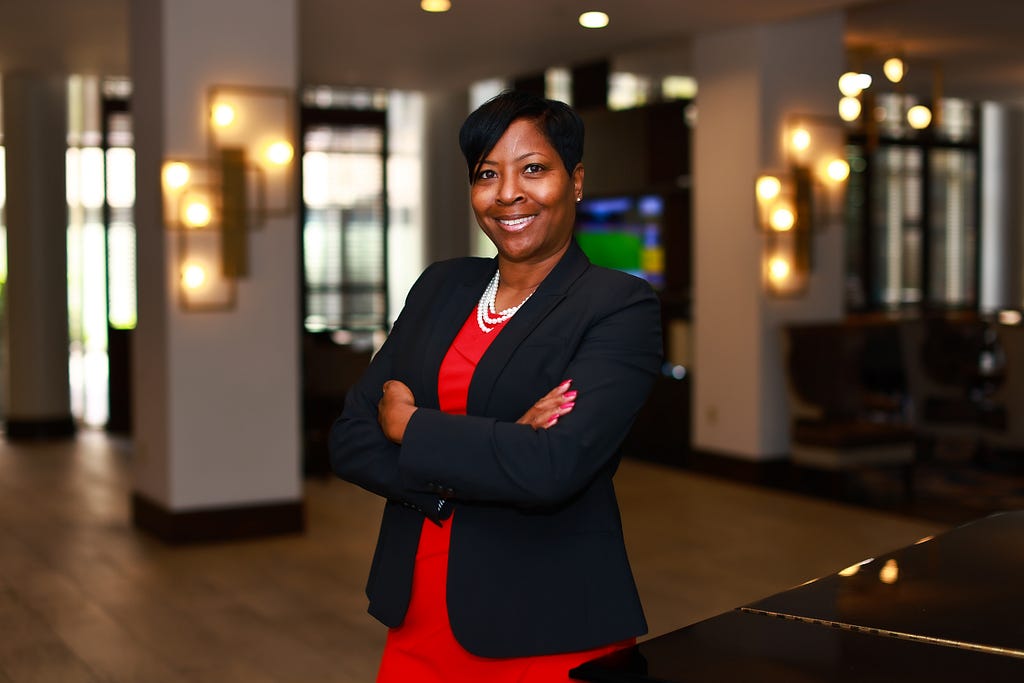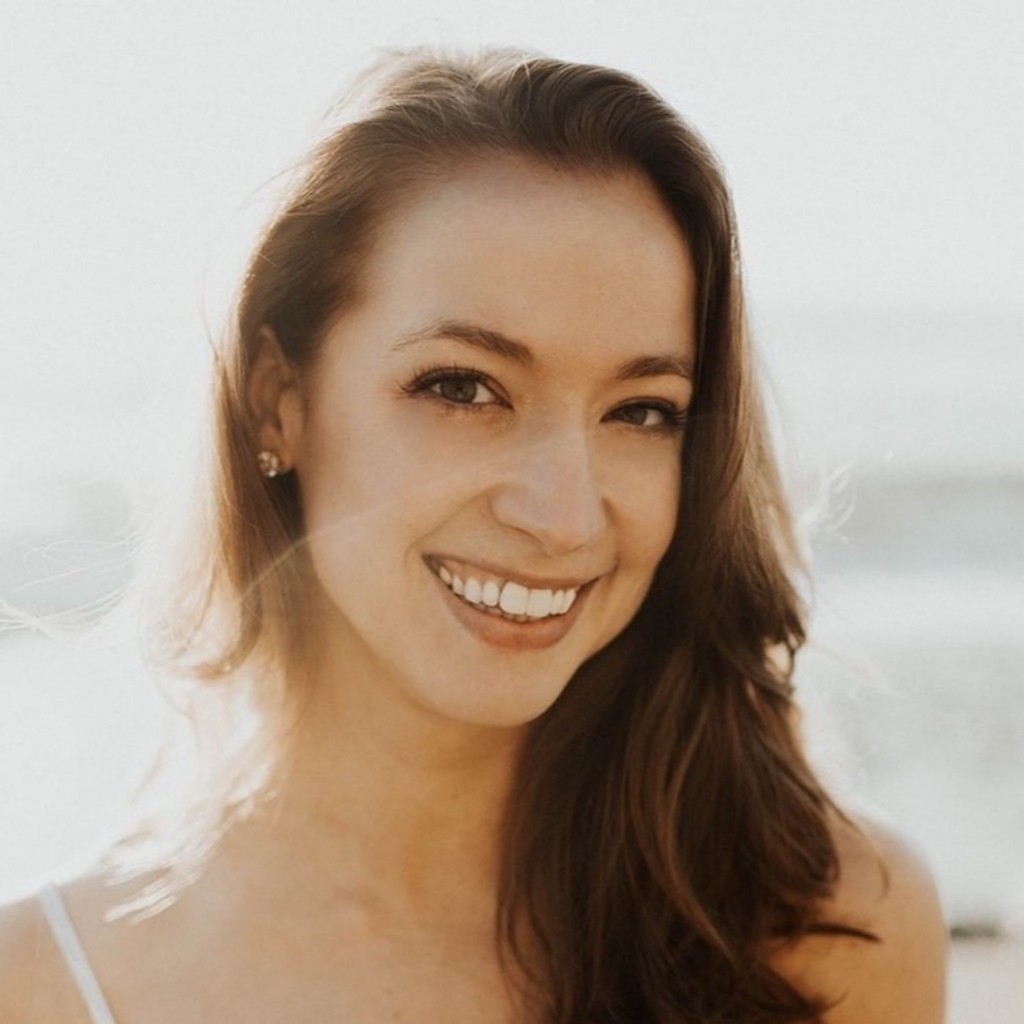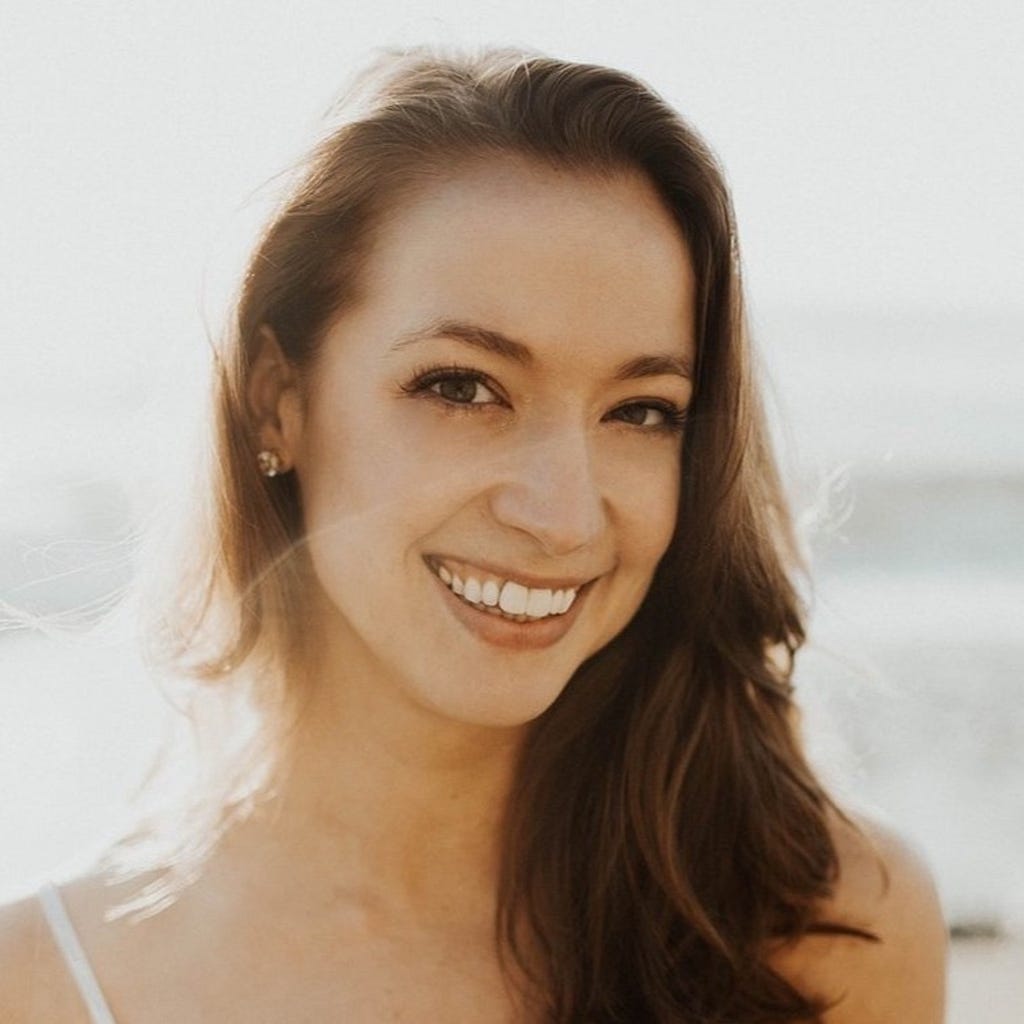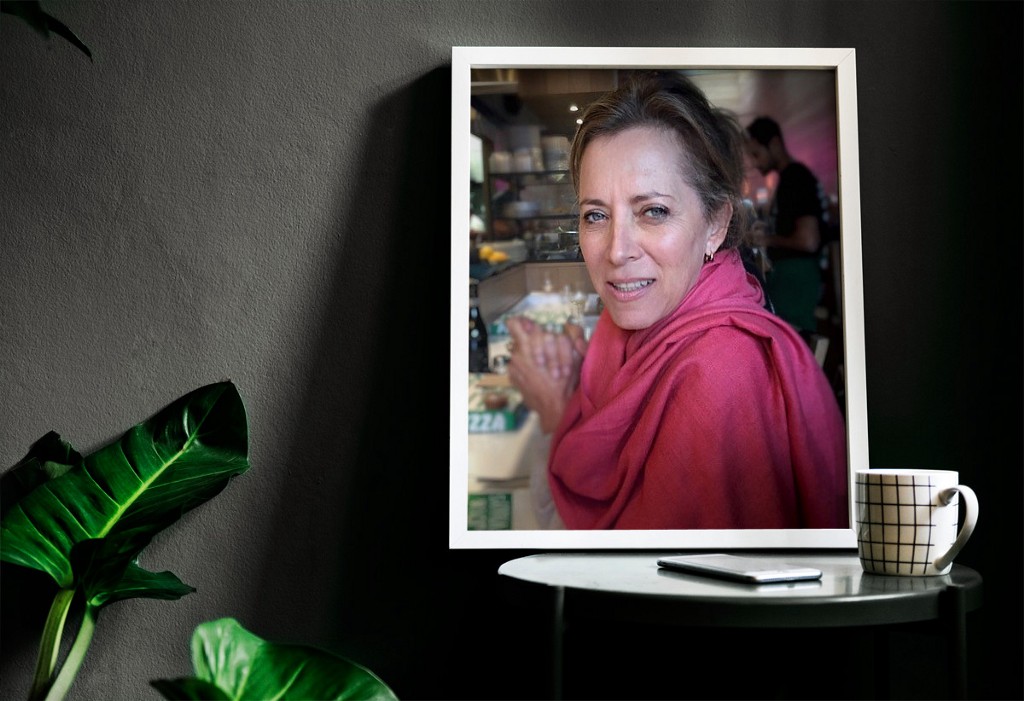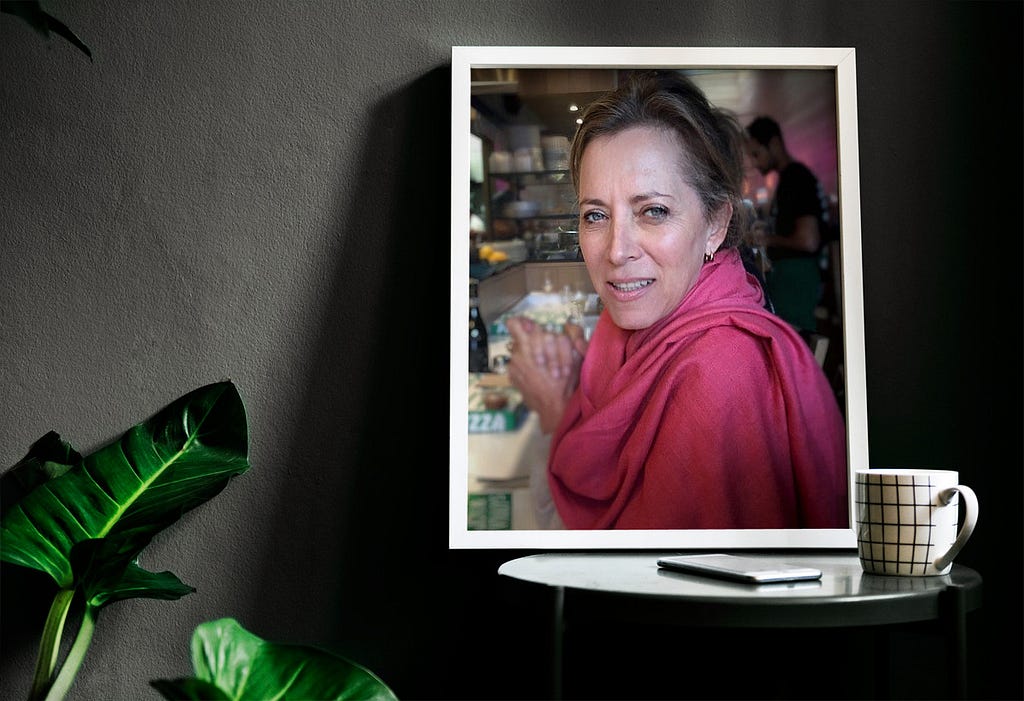Female Founders: Beth Bronfman of ‘View The Agency’ On The Five Things You Need To Thrive and Succeed as a Woman Founder
An Interview With Candice Georgiadis
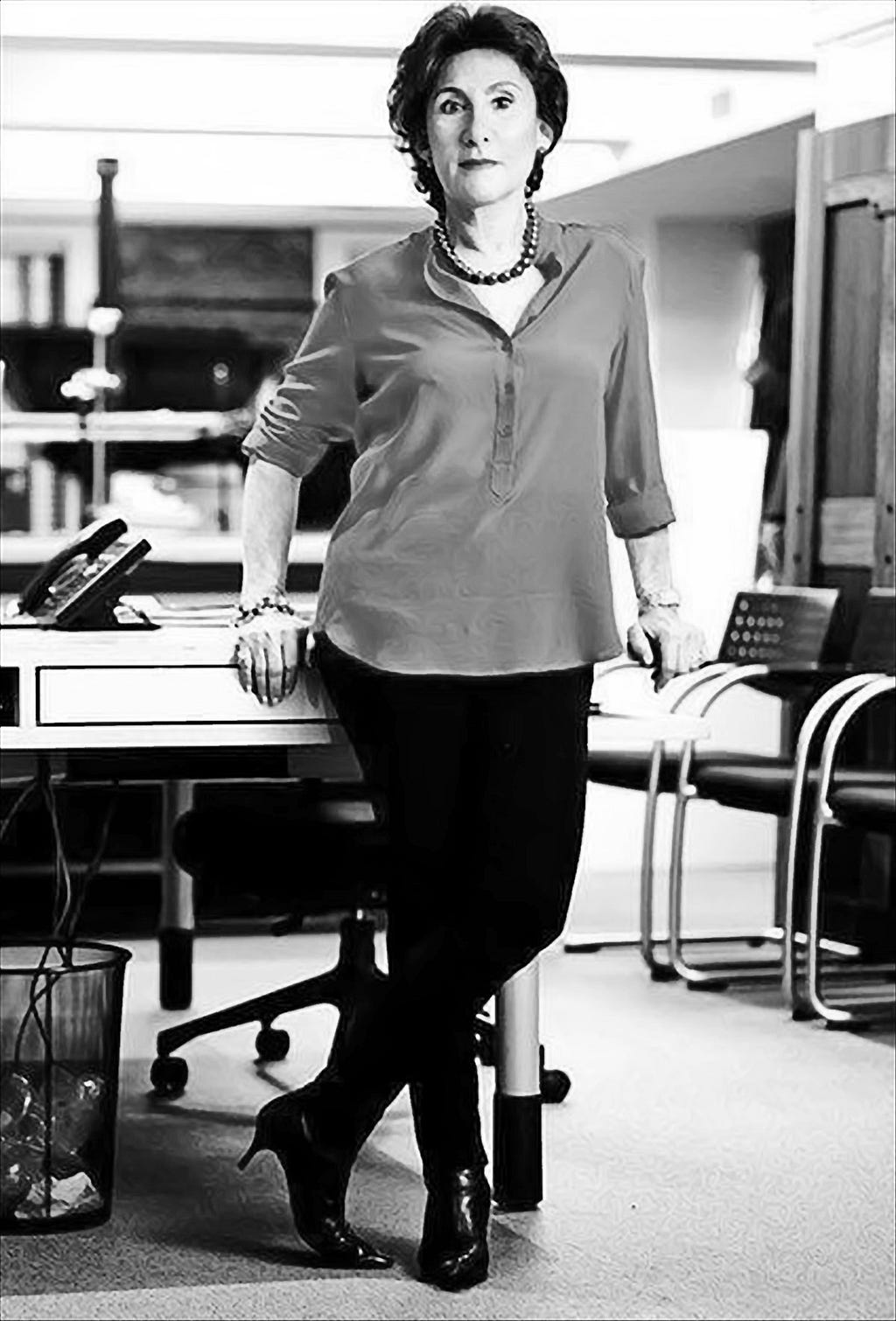
The Power to Overcome Self Doubt: Know that if you are invited to have a seat at the table, someone important feels that your point of view is important too. I’ve had some of the best surprises of my career when I pushed myself through a moment of doubt. Early in my career, I was doing an ad campaign for a luxury jewelry company, and they asked us to put on a major fashion show. At the time, I had no experience doing anything like this, but I pushed through my doubt and enthusiastically agreed. The event turned out to be a great success (and confidence booster) and I’m so glad I didn’t let fear hold me back.
As a part of our series about “Why We Need More Women Founders”, I had the pleasure of interviewing Beth Bronfman.
As Founder and Managing Partner of View The Agency, Beth Bronfman is known for her hands-on approach to developing revenue-rich advertising, marketing and retail programs for luxury clients and top-tier businesses. Prior to forming View, she co-owned LBLD Advertising with Peter Lubalin and Kevin Downey. Previously, Beth was VP of Advertising at Macy’s during the retail giant’s greatest period of profit generation and expansive growth.
Thank you so much for doing this with us! Before we dig in, our readers would like to get to know you a bit more. Can you tell us a bit about your “backstory”? What led you to this particular career path?
I started on my path at Emerson College, where I majored in mass communications. After college, my first job was in radio, writing copy for weather and traffic in Metro NY, which I enjoyed, but soon realized radio wasn’t the right fit for me. I wanted something with more reasonable hours (waking up at 4:00am every day for radio was really having a negative impact on my social life!) that aligned with my skillset and experience. Since my skillset was copywriting, I decided to give retail a try, and got a job as a copywriter for Lane Bryant — and the rest was history! Eventually, I made it to the role of VP of Advertising at Macy’s, where I served in that capacity for five years until someone came along and made me an offer I couldn’t refuse — to fund me and a partner to set up my own agency. I said, “why not!”, accepted his offer and that’s how I came to run my first company.
Can you share the most interesting story that happened to you since you began leading your company?
The most interesting thing that happened to me since I founded my agency is when WPP — one of the world’s largest advertising companies — tried to buy my company. Though I ultimately declined, this (unsolicited) offer from a major conglomerate was real affirmation that I had really built something valuable and unique. Though the letter of agreement outlining how much money I’d get for selling my company was enticing, the validation I felt from being courted by such a huge company made me realize that I couldn’t sell. I had proof that all my past efforts were worthwhile and that I was on the right path, and I didn’t want to give up the freedom, creativity and culture that comes with being an entrepreneur, now that I finally knew I was doing (mostly) everything right.
Can you share a story about the funniest mistake you made when you were first starting? Can you tell us what lesson you learned from that?
Early on in my career, I was recommended to a German Cyberknife company who was looking to partner with an advertising agency for a campaign. If you’re not familiar, a Cyberknife is a tool used to surgically remove tumors, and in this particular case, brain tumors. I was in a meeting with their team, and one of the guys asked me if I’ve ever done advertising for a healthcare tool before. Without a moment’s hesitation and with full confidence I responded, “we can advertise anything, it’s not like it’s brain surgery!” I quickly realized what I had said (we were talking about brain surgery after all) and laughed it off, but the Cyberknife company representatives didn’t think it was funny at all. I think other people might have been embarrassed if they had been in my position, but in that moment, I had a realization — even though I was sure we could put together a great advertising campaign for their product, this would never be the right kind of client for us because we didn’t get each other. Great partnerships are built on mutual understanding, and at the end of the day, business is all about relationships, so even if though I could advertise their product, it doesn’t mean that I should. It was this experience that really cemented my philosophy that in business, you need to be honest with yourself and do what’s right for you and your company, even if that means not taking on a client.
None of us are able to achieve success without some help along the way. Is there a particular person who you are grateful towards who helped get you to where you are? Can you share a story about that?
I believe that it’s critical to have a really strong group of advisors who you can count on. For me, that group consists of my fellow members and board members of WPO, the Women Presidents’ Organization, and C200, a global organization for women business leaders. For me, WPO was my business education — though I had been a successful advertising executive, I didn’t have an MBA, and was looking to fill those gaps in my learning. Being among the women of WPO brought in the business acumen that I needed and really helped me get my business off the ground. By being part of WPO, I was able to build a team of businesspeople I could rely on, use as a sounding board, and grow with.
Joining and becoming a board member of C200 allowed me to not only expand my network, but to add another layer of depth to my learning because where WPO is primarily entrepreneurs, C200 is made up of corporate executives, so I began to understand business from this perspective as well. The women of C200 have impeccable business acumen, and many are among the very best in the world at what they do. In ways that are both minor and monumental, the members of both organizations have made me a better person than I ever could have been alone.
I got some invaluable insight from this cohort about 10 years ago when my business partner was retiring. Our company was going through some major changes and the big conglomerate (mentioned previously) wanted to buy us. It was an exciting prospect, but I wasn’t sure if it was the right move. My husband, accountant, and lawyer were immensely helpful, but the advice I needed extended beyond facts and figures — I needed to bring in people with a different perspective. I needed to talk it through with other business owners and leaders, brainstorm different scenarios for how it might play out, and think about how my happiness could be impacted. In the end, I chose not to sell. It was the right decision, and I’m honestly not sure if I would have made it on my own. Their support was life-changing, and I’m beyond grateful that I still own my firm today.
I’ve found my people. The best advice I could ever give you is to find yours — and to hold onto them!
Ok, thank you for that. Let’s now jump to the primary focus of our interview. According to this EY report, only about 20 percent of funded companies have women founders. This reflects great historical progress, but it also shows that more work still has to be done to empower women to create companies. In your opinion and experience what is currently holding back women from founding companies?
I think that our society and the way that many women are brought up (historically) is at least partially to blame for holding women back from becoming entrepreneurs and founding companies. For centuries, girls have been taught that their primary role and responsibility is to raise and care for their families, while the boys are taught to be the breadwinners, and often encouraged to be entrepreneurs from an early age. Women then carry this mindset into adulthood and unless they are lucky enough to come across an advocate (or Rabbi as I call them!) who encourages them to go against societal norms and take the risk to become an entrepreneur, in can be hard to break out of that mentality.
Thankfully, in recent years there has been more of an emphasis on women working, earning money and being self-supporting (most of which was advocated for by women), but the expectation that they also raise children and support their families emotionally and socially has not gone away. Starting and maintaining your own company can be akin to giving birth and raising a child, becoming its own full-time job, so until women no longer feel the pressure to take on the lion’s share of the work when it comes to taking care of kids, the home, the family’s social life, etc., it’s unlikely we’ll see a huge influx of women business owners.
Can you help articulate a few things that can be done as individuals, as a society, or by the government, to help overcome those obstacles?
I believe it has to start with education — both at home and in school — as early in a child’s life as possible. Teachers, parents, grandparents, and role models all have to start from day 1 with promoting equality. They must instill the belief in all children that they can be anything in this world that they want and that no difference — whether that be gender, race, ethnicity, religion, disability, etc.- should disqualify someone or hold them back from pursuing that dream.
This might be intuitive to you as a woman founder, but I think it will be helpful to spell this out. Can you share a few reasons why more women should become founders?
I strongly believe that if you’re capable of being the master of your own ship, why not? Women have so much to gain by becoming business owners and I think that many of the attributes and skillsets that women possess actually make them more suitable to leadership. Whenever I meet or mentor a woman who is considering entrepreneurship but is on the fence, I always ask them, “What’s the worst that can happen?” If you think about it, there’s no downside. You can always go back to working in your field, but this way, you never have to wake up one day and say, “what if I had taken that risk?” I feel certain that once they see the flexibility, creativity, and freedom that you can gain from owning your own business, no woman will want to go back to working for someone else.
What are the “myths” that you would like to dispel about being a founder? Can you explain what you mean?
There are so many! Some of the top myths I’d like to dispel are:
- You can’t have it all: I do think you can have it all without having to work 24/7. You can understand and achieve balance, you just need to learn to allocate your time better.
- It’s a lonely road to the top: If you connect with like-minded people and ask for help, it certainly does not have to be a lonely road and once you become successful, there will be people who not only cheer on your success but continue to advocate for your ongoing growth.
- Only the smartest people become company founders and CEO’s: You don’t have to be the smartest in the room, just smart enough to know you need to hire people smarter than yourself!
- You always have the answer: It’s not a weakness to say you don’t know — Even as a CEO you won’t have the answer to everything. It’s fine to say “I don’t know…BUT, I will find out.” I think the most valuable people are not those who claim they know everything, but those who can admit they don’t have the answer but are going to do the research and find it.
- And finally…That women aren’t good leaders or aren’t as business savvy because we are too emotional. I believe we are better employers, leaders and entrepreneurs because of our emotional intelligence and ability to see the personhood of our employees and clients, not just their contributions or shortcomings as workers.
Is everyone cut out to be a founder? In your opinion which specific traits increase the likelihood that a person will be a successful founder and what type of person should perhaps seek a “regular job” as an employee? Can you explain what you mean?
I think that anyone can become a founder, but that certain personality traits will help set apart those that are meant to be founders/company leaders, and those that are better suited as followers or employees. One is not better than the other, but I believe that those with the below traits will thrive as founders:
- Resilient
- Even-tempered
- A great collaborator
- Exceptional listener
- Honest
- Kind
- Authentic
- Flexible
- An ability to learn from mistakes and move on (it’s actually good to have hiccups along the way)
- Willingness and desire to learn everyday
Ok super. Here is the main question of our interview. Based on your opinion and experience, what are the “Five Things You Need To Thrive and Succeed as a Woman Founder?” (Please share a story or example for each.)
- The Power to Overcome Self Doubt: Know that if you are invited to have a seat at the table, someone important feels that your point of view is important too. I’ve had some of the best surprises of my career when I pushed myself through a moment of doubt. Early in my career, I was doing an ad campaign for a luxury jewelry company, and they asked us to put on a major fashion show. At the time, I had no experience doing anything like this, but I pushed through my doubt and enthusiastically agreed. The event turned out to be a great success (and confidence booster) and I’m so glad I didn’t let fear hold me back.
- An Ego-free Approach: Focus on the task at hand and the greater good, never on your own ego. When you do this, you will be seen as a partner and an advisor — which is critical to long term success. This is a lesson I learned long before becoming an entrepreneur, back when I was a young girl. My father used to work in the Empire State Building, and one day I came to visit him at work and when I stepped into his office, I loudly announced who I was (my father’s daughter), wanting everyone to know that I was an important visitor. When my father heard this, he quickly pulled me inside and immediately reprimanded me for being so self-important, teaching me that the work he was doing wasn’t about him, but the clients and the efforts of everyone in that office.
- An Altruistic Streak: As you grow in your own career always look for ways to help others, especially those women (and men) who may not have an advocate or a mentor.
- A Willingness to Ask for (and Give!) Help: Leverage your network, create strategic alliances and never be afraid to reach out to your contacts for help when you need it or offer help to someone who needs it.
- A “Long Game” Strategy: It isn’t about skimming along the surface, absorbing the superficial essentials, and collecting a check. It’s about a deep dive. Having a depth of knowledge of your client’s business and industry they never expected you to have. Finding pockets of opportunity they have overlooked. It’s about creating a trusting, cooperative, forward-thinking relationship that builds your client’s business and, as a result of that success, builds yours.
How have you used your success to make the world a better place?
First off, I believe that no matter what level of success you may have achieved, you should always put in work to help others. For me, this has taken the form of mentoring and lifting up other entrepreneurs, particularly female entrepreneurs. The birth of my niece decades ago inspired me to get involved with mentoring younger women, but over the years, I’ve also mentored people of all ages, including those who were older than me! People who lost their job, were considering a career change, etc. it’s important to recognize that people of all ages and career stages need support, and I like to help anyone who is looking for growth, whether that be in business or emotionally.
You are a person of great influence. If you could inspire a movement that would bring the most amount of good for the greatest number of people, what would that be? You never know what your idea can trigger.
As I previously mentioned, I’d like to inspire a movement of educational improvements around equality — across schools, family structures, religious organizations and beyond. We’ve made some great progress in this regard in the last few years, but we still have a long way.
We are very blessed that some very prominent names in Business, VC funding, Sports, and Entertainment read this column. Is there a person in the world, or in the US with whom you would love to have a private breakfast or lunch with, and why? He or she might just see this if we tag them.
Mary Barra, the CEO of General Motors.
Thank you for these fantastic insights. We greatly appreciate the time you spent on this.
Female Founders: Beth Bronfman of ‘View The Agency’ On The Five Things You Need To Thrive and… was originally published in Authority Magazine on Medium, where people are continuing the conversation by highlighting and responding to this story.


